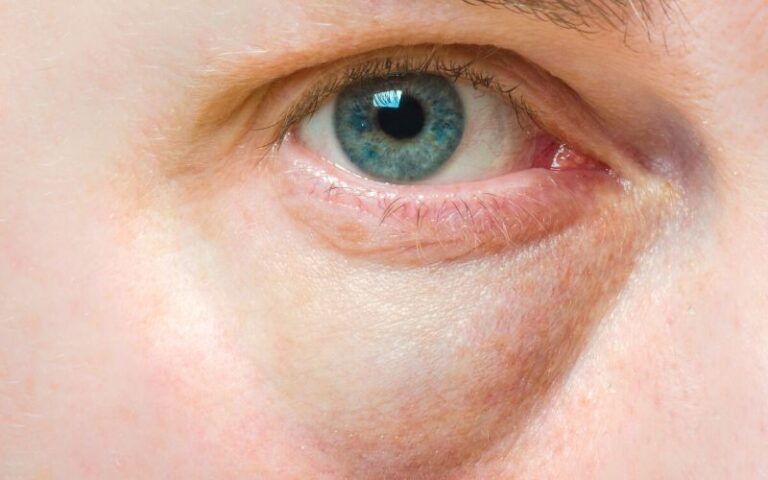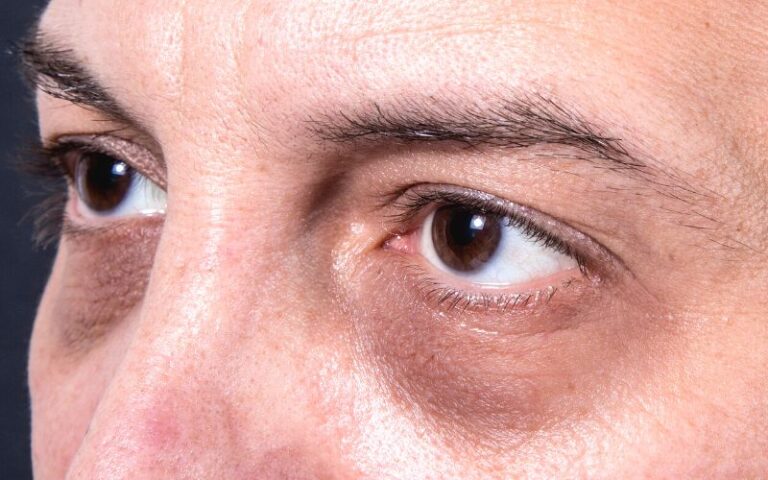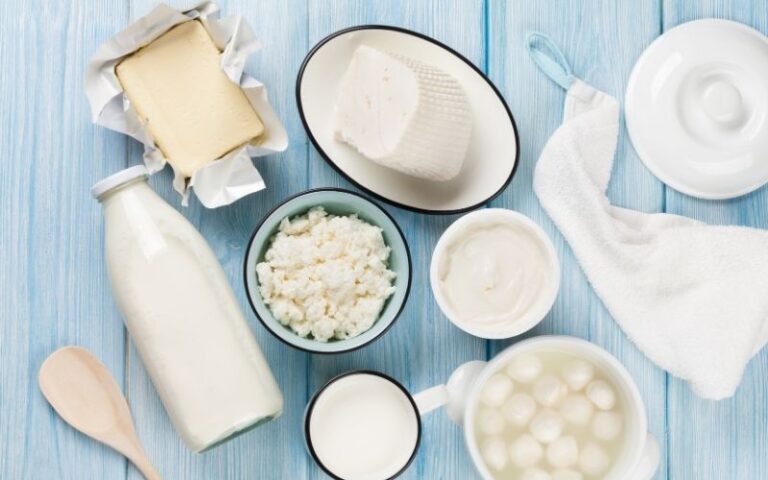16 Mistakes People Do When Caring For Their Skin

It’s reasonable to be thrilled about creating multi-step skincare routines; however, before beginning to use them, it’s important to educate yourself about the actions you’re about to take. After all, what matters most are the skin goals you have established for yourself, not the number of actions in your skincare regimen.
Decide on your lifestyle preferences by paying attention to your skin before beginning a routine.
1. Changing Your Skincare Products Frequently
Keeping your skincare kit up-to-date with the newest products may seem vital, but experts warn against doing so too frequently. This approach will extend the time it takes for you to see the product’s tangible benefits because some of its active ingredients can take a few weeks to a few months to produce results.
When using products to treat specific skin issues like acne, hyperpigmentation, and aging, it is crucial to give them time to work. As a result, many problems require additional treatment time because they take longer to develop. So have patience and enjoy the process of caring for your skin.
2. Not Giving Your Skin Enough Time To Adjust
It is wise to give your skin some time to acclimatize when incorporating new substances into your routine and pay attention to how your skin responds to it. When using active ingredients, such as those with high glycolic and lactic acid concentrations, it might be tempting to apply the solutions to your skin regularly in hopes of seeing benefits immediately.
On the other hand, if your skin appears inflamed, flaky, or red, this can be a sign that you’re allergic to something in the recipe.
3. Not Layering The Products In Proper Sequence
Sorting your choices into the proper order might be challenging, given the constant influx of newer items, textures, and formulations into the market. The general rule is to use skin care products from the thinnest to the thickest consistency. If you apply them in any other order, a barrier may prevent the thinner or lighter formulations from being absorbed into the skin.
Since lighter textures are designed to absorb quickly and hydrate our skin at the start of the skincare regimen, they have a high-water content. On the other hand, the purpose of heavier textures is to lock in the moisture on your skin. They are typically richer in oils.
You risk preventing some powerful active ingredients in your skincare products from being absorbed if you don’t apply them in the proper sequence.
4. Not Following A Consistent Routine
Consistency and perseverance are essential for an effective skincare program. After all, having good skin takes time. If you don’t apply products regularly, it will slow down your skincare efforts. Consistency is essential for the skin and the magic-working properties of potent substances like Vitamin C.
Generally speaking, the products must deliver noticeable benefits for at least four weeks of meticulously adhering to your selected skincare regimen.
5. Unreasonably Ambitious To Try
Though it’s normal to want to try the newest products when there’s a complete feast of lotions, potions, and miracle cures available, your skincare routine can benefit from some moderation. Utilizing too many new products at once may make it difficult to determine which ones are best for your skin, which ingredients you respond well to, and which products don’t work for your skin type.
Prior to applying anything on your face, it is generally wise to conduct a patch test. Add products one after the other so you can properly see how each affects you.
6. Ignoring the Body’s Other Parts
You may have surmounted your facial skin care regimen, but neglecting your other body’s skin, including your neck, would be a mistake. Although your face is the first part of your body to exhibit signs of age with a skincare regimen limited, your body also requires some love.
To ensure that our luminescence extends beyond our faces, we should apply moisturizer regularly and engage in an exfoliating scrub. For instance, due to frequent hand washing following the epidemic, hand lotion has become vitally crucial.
7. Choosing Products That Don’t Complement One Another
Once you’ve mastered technique and consistency, it’s time to focus on knowledge. Although there are no strict codes about what is right and wrong in skincare, some substances shouldn’t be placed together in the same routine because they may irritate, particularly those new to the field.
Retinoids with Vitamin C, Vitamin C with AHA and BHA, and retinoids alone top the list of no-nos. Your skin barrier can be protected from irritation and harm by learning which products can and cannot be used together. For instance, using retinol and high acid concentrations simultaneously can irritate the skin. As a general rule, switch between the two on various days. Also, remember to apply sunscreen each day.
8. Over-Exfoliating Your Skin
Exfoliating is a wonderful technique to remove dead skin cells, smooth the skin, and prepare it for skincare products. However, if done inaptly, it can also be harmful. Exfoliating too much or too frequently may result in irritation, redness, or even burning. Excessive exfoliating damages the skin’s barrier and creates microscopic rips in the skin.
Glycolic acid can be used in low doses as a light exfoliator. However, if you have sensitive skin, more powerful exfoliants should only be used and limited to once or twice every 15 days. Use fewer or softer products if you experience any irritation.
If you’ve never exfoliated, on the other hand, you should start by doing so at least once weekly, depending on your skin type. Your skin will experience softness and more radiance after using a good exfoliator, which also helps remove dead skin cells, so the remainder of your skincare products may penetrate the skin more deeply.
9. Skipping Sunscreens
A major contributor to skin aging is sun damage. Applying sunscreen every day is crucial to protecting your skin from the sun’s harmful UV rays, which promote photoaging at the cellular level and degrade collagen.
Most dermatologists advise using sunscreen with an SPF of at least 30 and reapplying it every few hours, especially if you are going to be outside for an extended period of time. Don’t skip the sunscreen even when it’s not sunny outside because UV rays can still harm you on an overcast day.
10. Not Cleansing Your Face Before Bed
We expose our skin to more pollution and grime as we spend more time outside. Before going to bed at night, washing away the makeup, bacteria, and environmental toxins accumulated on your skin throughout the day is important.
In the summer, it’s crucial to cleanse every day, especially after working out and sweating. Use a mild cleanser to prevent drying out or stripping your skin of its natural oils and to aid in the maintenance of your skin’s healthy balance.
Other Lifestyle Mistakes That Impact Our Skin
11. Face Towels Or Bath Towels
It’s easy for bacteria to grow on towels. They get wet and frequently stay damp for hours before fully drying off. Dry skin fragments, dirt, and moisture are all easily picked up by towels and create the ideal environment for the growth of germs.
You may transfer the bacteria to your face while brushing the towel against it, where they may gather in your pores, increasing the development of pimples and irritating the skin.
Change your towels every two to four days or at least weekly, and wash your face towel or bath towel frequently in warm water with a mild, sulfate-free detergent to help prevent any trauma to your skin.
12. Sleeping Raffishly
Your skin’s health might also be impacted by how you sleep. Because your face is always pressing against your pillow when you sleep on your side, wrinkles are more prone to develop over time.
Using a satin or silk pillowcase rather than a cotton one is one approach to reduce this. Compared to cotton pillowcases, satin and silk are kinder to the skin and less prone to harm collagen.
13. Skin Rubbing, Pricking, And Pulling
The skin is stressed when you rub, pull, or prick. We do it automatically every day, whether rubbing in eye ointment or holding the skin taut while applying eyeliner. Over time, rubbing at your skin causes it to become less elastic, especially around the delicate eye area.
These actions also transfer the grime and germs from your hands to your face, resulting in clogged pores and breakouts.
Pimple-popping also results in permanent acne scars. It develops painful acne and increases the risk of infection.
One of the primary reasons that could tempt you to touch your face is if your skin is itchy and dry. In this case, moisturize to soothe your skin.
14. Ignoring Symptoms Of Dehydration
Dehydration is frequently indicated by tight, flaking skin. Before applying moisturizer both morning and night, use a hydrator with hyaluronic acid to replenish dehydrated skin’s water content.
15. Careless Approach To Dandruff
Dandruff is shedding dry flakes of scalp skin. Treating your scalp is very important to avoid skin breakouts, acne, or the formation of scars.
You may treat mild dandruff with gentle shampoos daily or medicated shampoos as directed.
16. Sporadically Cleaning Your Phone
Consider how frequently you touch your phone each day. At the very least once a week, if not daily, wipe the screen clean. Look for a cleaning solution that won’t harm your phone’s screen instead of using household cleaners.
Avoiding these skincare blunders will set you on the path to having healthy, radiant skin. Remember that your skin will reward you for being patient, persistent, and kind to it.
FAQs
Q: What are the adverse effects of making skincare mistakes?
A: Mistakes in our skincare routine may result in skin rashes, blemishes, clogged pores, acne, wrinkles, and even infections.
Q: How to avoid the mistakes we make while purchasing a skincare product?
A: Read the product label well and understand its ingredients. To choose the best, prepare a list of ingredients that suit your skin type and pick the right one.
Q: What is the 60-second rule in face wash?
A: Washing your face for 60 seconds is the most advisable practice for the best skincare routine. It allows the ingredients in your cleanser to penetrate deeply into your skin and allow it to work effectively.
References
- Most Common Skincare Mistakes That Are Ruining Your Skin: https://www.grazia.co.in/beauty/6-most-common-skincare-mistakes-that-are-ruining-your-skin-8431.html
- Skincare Mistakes: https://www.vogue.in/beauty/content/4-skincare-mistakes-to-avoid-according-to-the-dermatologists
- Avoid these 7 common skin care mistakes: https://www.gqindia.com/grooming/content/avoid-these-common-skin-care-mistakes
- Skincare Mistakes You Need to Avoid: https://eze-cosmetics.com/blogs/from-our-blog/10-skincare-mistakes-you-need-to-avoid
- Skincare Mistakes to Avoid: https://www.gloskinbeauty.com/blog/10-skincare-mistakes-to-avoid
- Common Skincare Mistakes To Avoid: https://depology.com/blogs/news/10-common-skincare-mistakes-to-avoid
- Beginner Skin Care Mistakes You Could Be Making: https://www.lorealparisusa.com/beauty-magazine/skin-care/skin-care-concerns/beginner-skin-care-mistakes
- Skincare Mistakes To Avoid In 2022: https://callyssee.com/blogs/news/10-skincare-mistakes-to-avoid-in-2022
- Common Skin Care Mistakes To Avoid: https://jk7skincare.com/featured/7-common-skin-care-mistakes-to-avoid-for-flawless-skin-this-summer/





